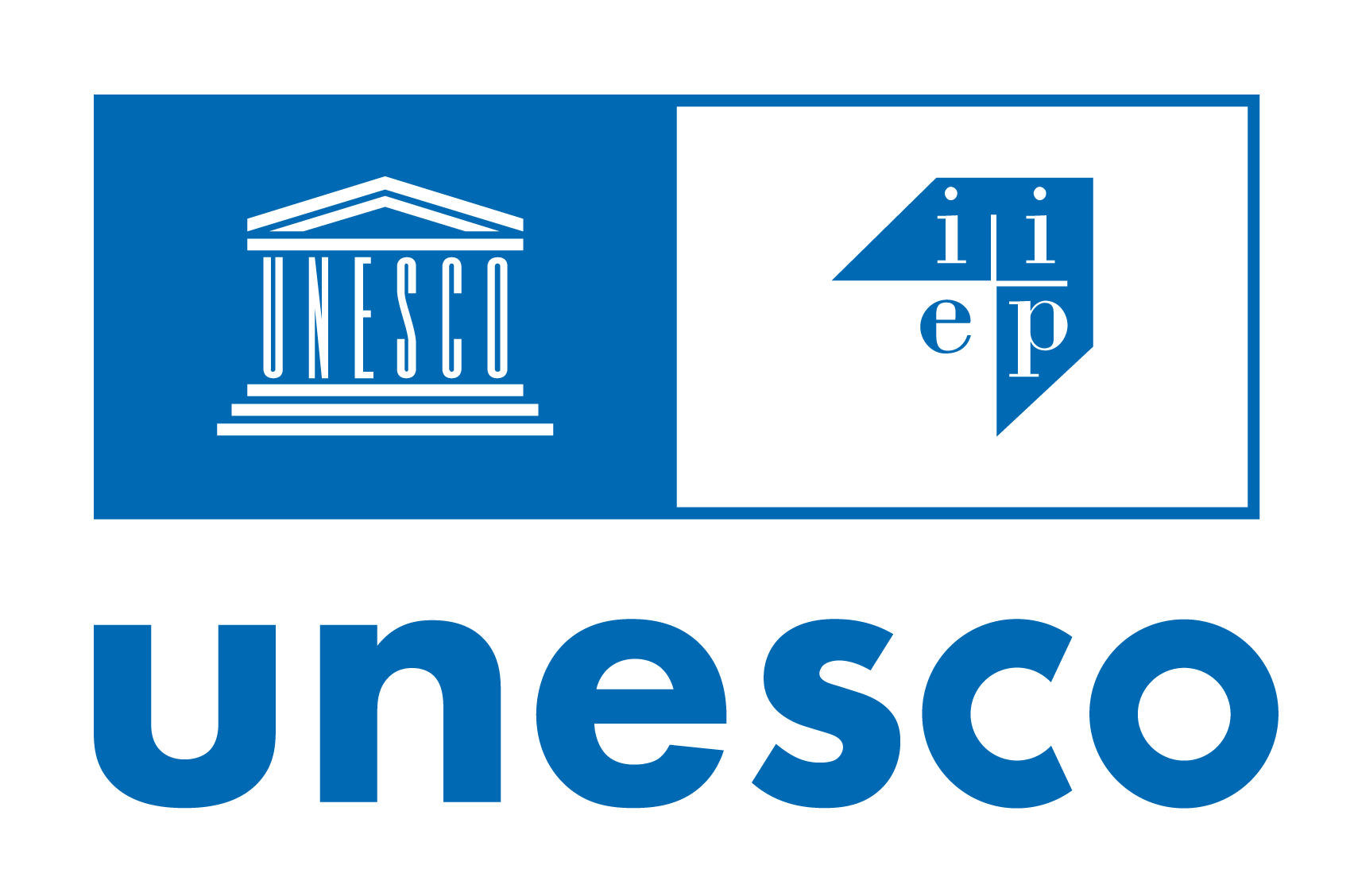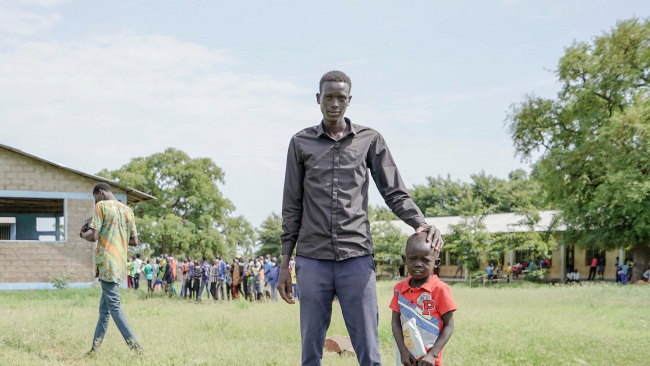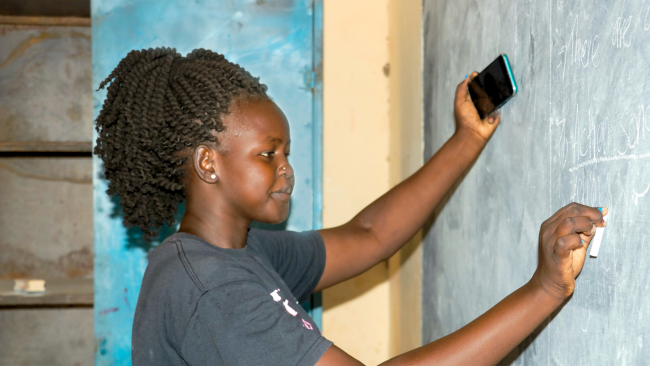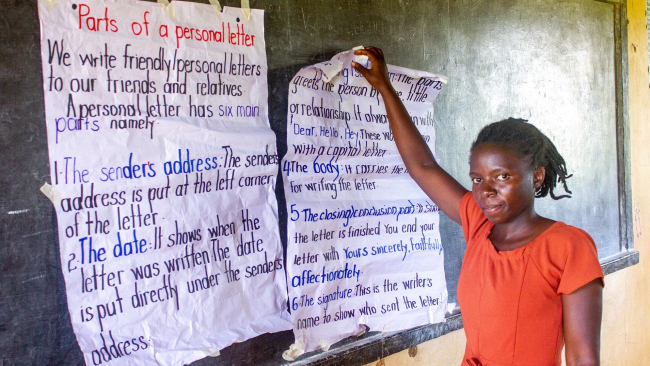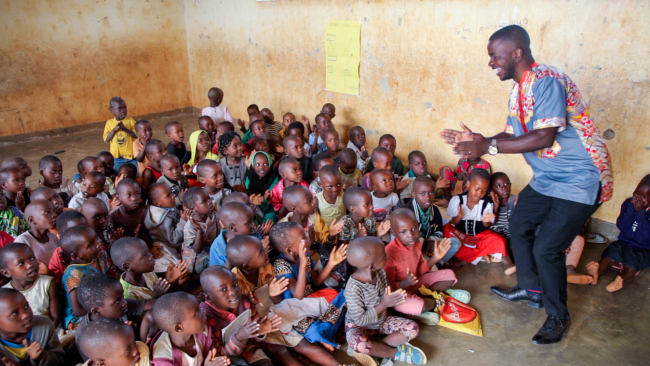The ongoing conflict in DRC has resulted in the estimated deaths of some 3 million people and its impact on the country’s youth is tragic, ranging from violence to disruption of healthy development and the denial of basic education rights. Although emergency aid most commonly takes the form of “life‐saving services,” education becomes an increasingly important and life sustaining service when emergencies become chronic and complex crises. In conflict affected states, provision of education requires support for innovative and long term commitments despite high risks. The IRC has implemented diverse education projects in Eastern Congo. Efforts are characterized by excellent integration of education into different sectors such as governance, emergency response and child protection. IRC combines direct service delivery with state building efforts via its community governance initiatives, recognizing that the most sustainable humanitarian investments are those in human capital. Some of the greatest challenges facing the DRC’s education sector interventions are a lack of a long term vision and accompanying funding. Donor fatigue, short‐term funding cycles, and politicization of funding mechanisms stunt progression towards effective and sustainable education interventions. The IRC model in DRC creates a link between its innovative programming and its investment in governance as a primary method of strengthening institutions. Diversified attempts to build governance capacity at multiple levels, all the way from parents to ministries, are necessary to ensure education will survive and persist even in times of conflictand even in ‘failed states’.
Année
2010
Pages
13
Séries
Background paper prepared for UNESCO for the EFA Global Monitoring Report 2011
Pays
Type de ressource
Langues
